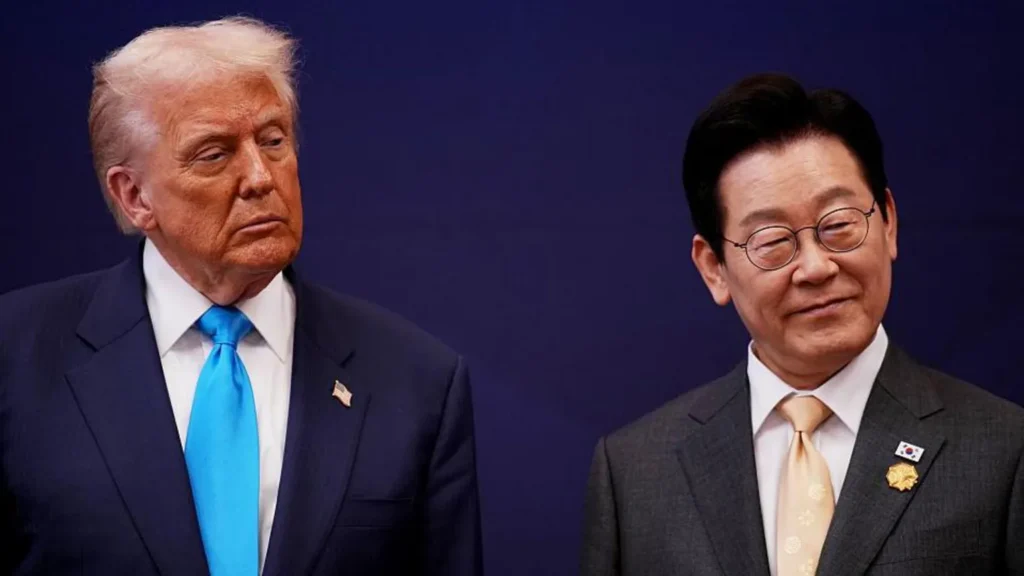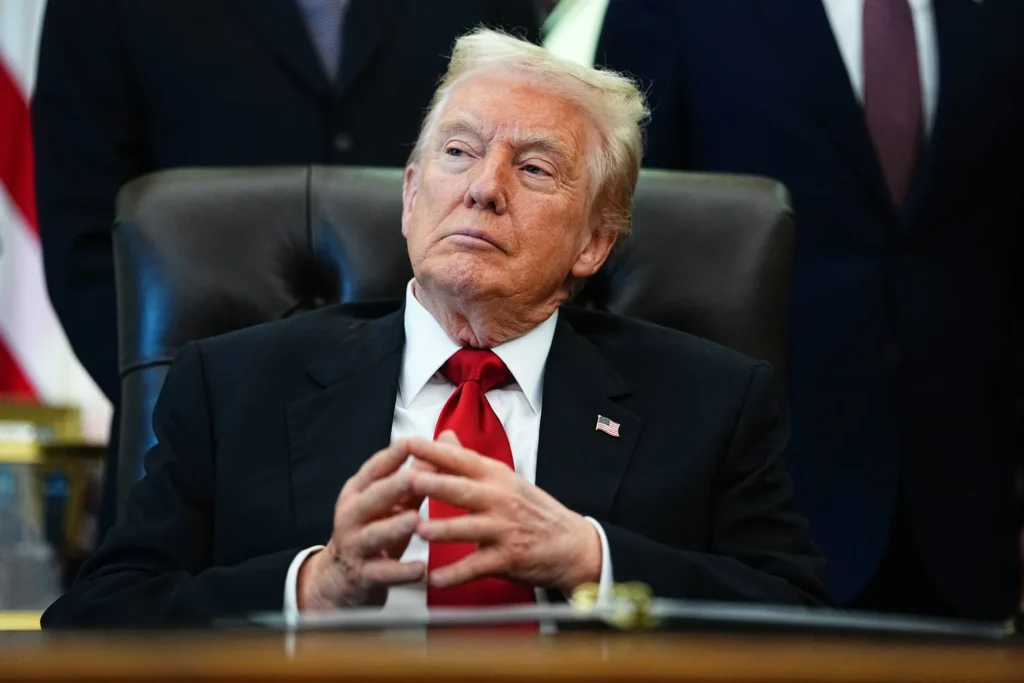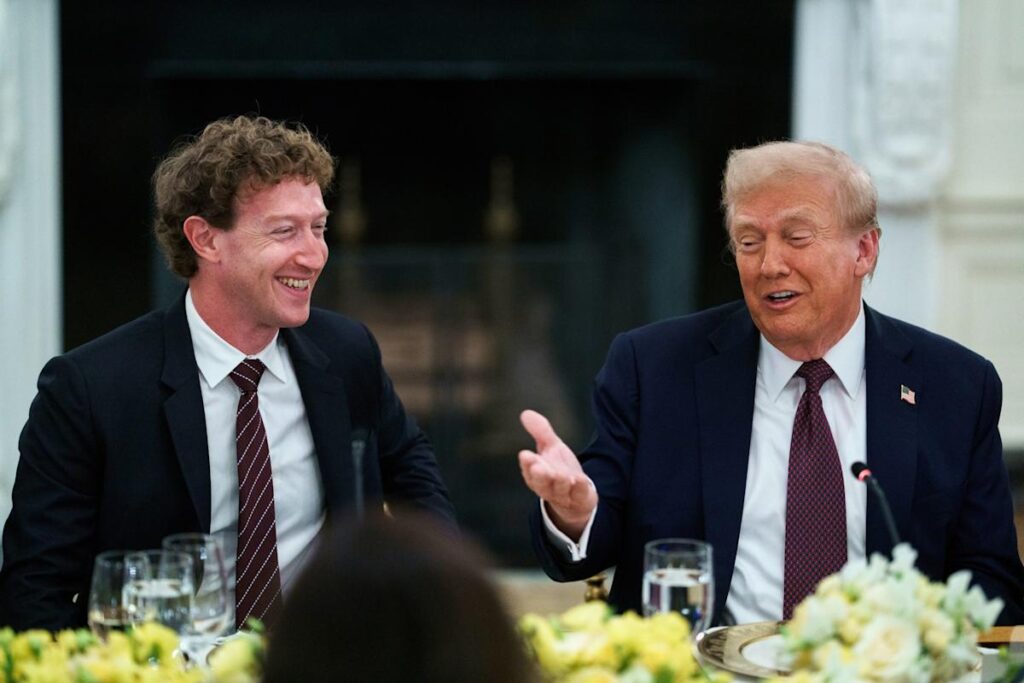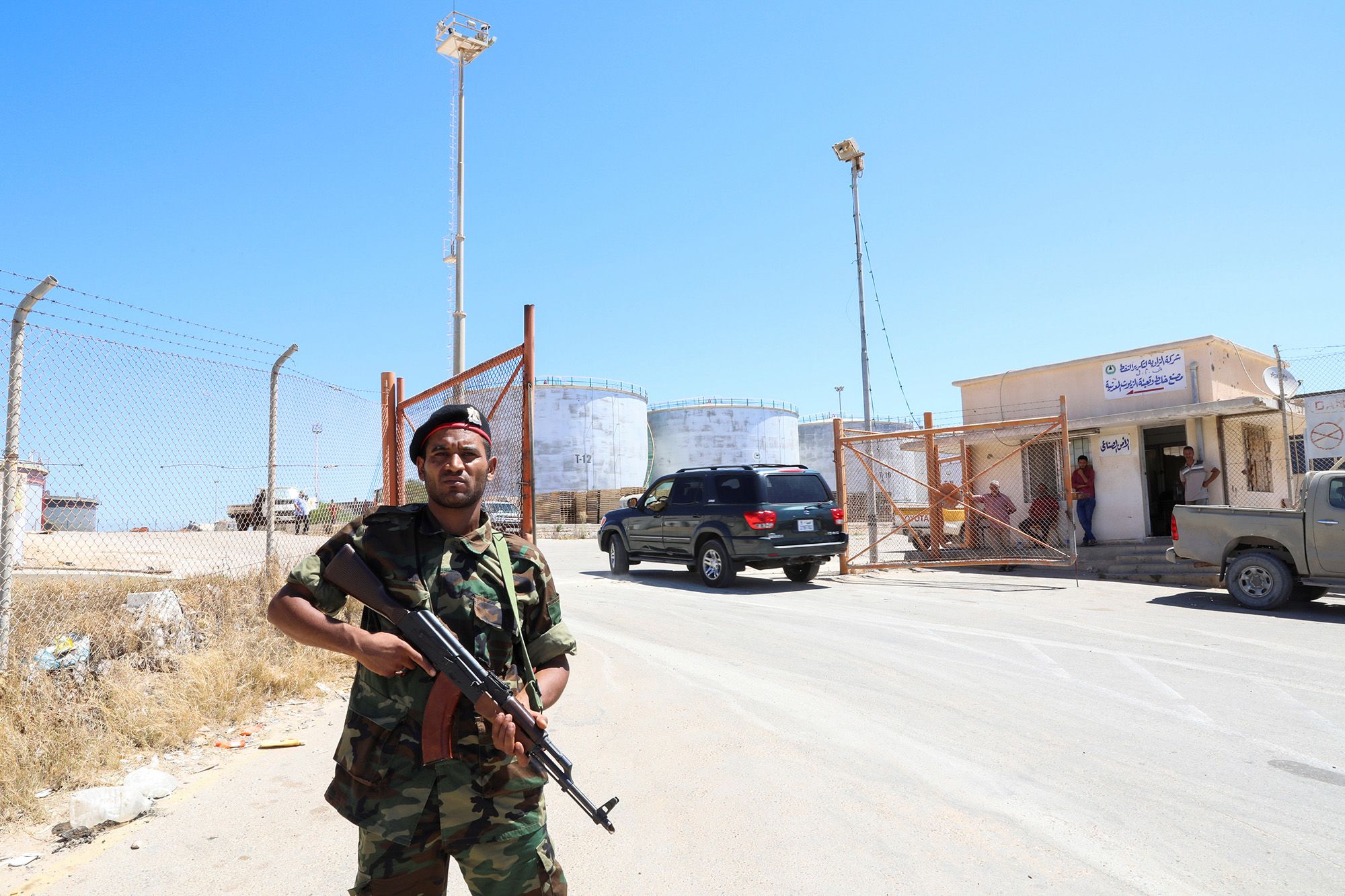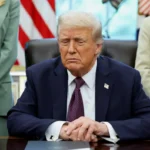Trump’s Global Market Influence: Unlocking Oil Trade in Iran, Libya, and Syria
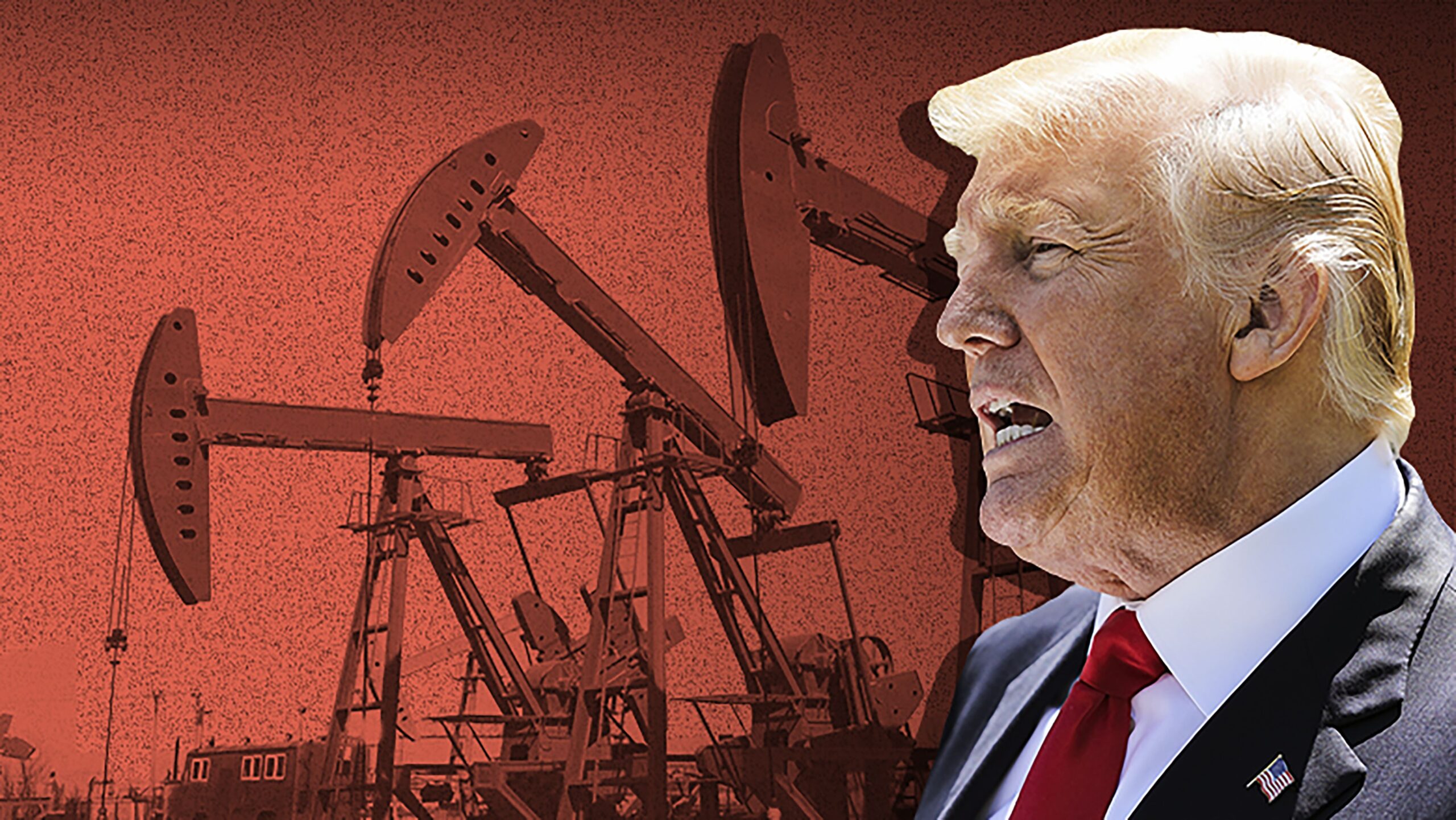
The presidency of Donald Trump had a profound impact on global markets, particularly in the realm of energy and geopolitics. His administration’s policies and decisions significantly influenced oil trade in key regions such as Iran, Libya, and Syria. By implementing a combination of sanctions, diplomatic engagements, and strategic withdrawals, Trump’s actions reshaped the global energy landscape and had far-reaching effects on these countries’ economies and political stances.
Iran: Sanctions and Strategic Openings
Sanctions and Isolation:
Trump’s decision to withdraw from the Joint Comprehensive Plan of Action (JCPOA), commonly known as the Iran nuclear deal, in 2018 was a pivotal moment. This move reimposed stringent sanctions on Iran, targeting its oil and financial sectors. The aim was to curb Iran’s nuclear ambitions and its regional influence, but it also had significant economic repercussions.
Economic Impact:
The sanctions led to a sharp decline in Iran’s oil exports, as many countries and companies were reluctant to engage in trade for fear of U.S. retaliation. This economic isolation put immense pressure on Iran’s economy, leading to inflation, currency devaluation, and social unrest.
Strategic Openings:
Despite the sanctions, Trump’s administration also created strategic openings for oil trade. In 2020, the U.S. granted sanctions waivers to several countries, including China, India, and Turkey, allowing them to continue importing Iranian oil. This move acknowledged the global dependence on Iranian oil and provided a lifeline to Iran’s struggling economy.
Libya: Stabilization and Oil Trade
Political Instability:
Libya has long been plagued by political instability and civil conflict, which have disrupted its oil production and export activities. Trump’s administration played a role in stabilizing the country by supporting the Government of National Accord (GNA) and facilitating negotiations between warring factions.
Oil Trade Resumption:
With improved security and political stability, Libya was able to resume oil trade more consistently. The Trump administration’s support for the GNA helped create an environment where international oil companies felt more comfortable investing in and operating within Libya. This led to an increase in oil production and exports, providing a much-needed economic boost to the war-torn country.
Syria: Sanctions Relief and Reconstruction
Sanctions and Conflict:
Syria has been devastated by a decade-long civil war, and U.S. sanctions have further exacerbated the economic crisis. Trump’s administration maintained sanctions on Syria, targeting the regime of Bashar al-Assad and its supporters.
Lifting Sanctions for Reconstruction:
In a significant move, the Trump administration lifted some sanctions on Syria to facilitate reconstruction efforts. This decision was aimed at encouraging foreign investment and aid for rebuilding the war-torn country. By easing sanctions, the U.S. hoped to support Syria’s economic recovery and stabilize the region, although the lifting of sanctions was selective and targeted specific areas and entities.
Global Market Implications
Oil Supply and Prices:
Trump’s policies had a direct impact on global oil supply and prices. The reimposition of sanctions on Iran led to a temporary decrease in global oil supply, driving up prices. Conversely, the resumption of oil trade in Libya and the selective lifting of sanctions in Syria added to the global oil supply, helping to stabilize prices.
Geopolitical Shifts:
The Trump administration’s approach to Iran, Libya, and Syria also had geopolitical implications. By using sanctions as a tool of diplomacy, the U.S. was able to exert pressure on these countries to comply with its demands. This strategy had mixed results, with some countries responding to the pressure while others sought to circumvent the sanctions through creative diplomatic and economic maneuvers.
Conclusion
Donald Trump’s influence on global markets, particularly in the energy sector, was significant and multifaceted. His administration’s policies on Iran, Libya, and Syria reshaped oil trade dynamics and had profound economic and political consequences. While the reimposition of sanctions on Iran created economic hardship, strategic openings and sanctions waivers provided some relief. In Libya, improved stability led to a resumption of oil trade, and in Syria, selective sanctions relief aimed to support reconstruction efforts. These actions underscored Trump’s use of economic leverage to achieve geopolitical goals, leaving a lasting impact on the global energy landscape.



